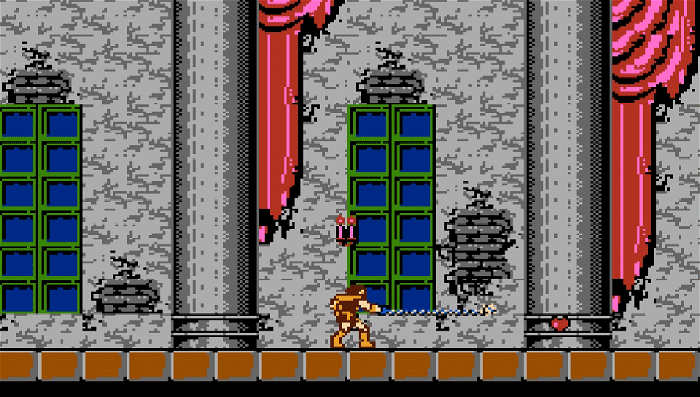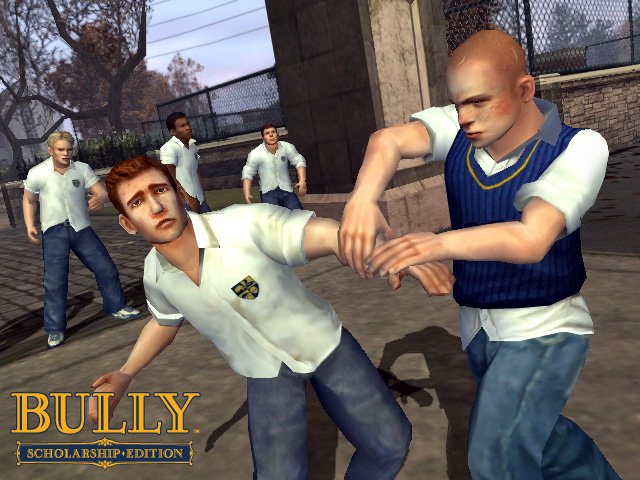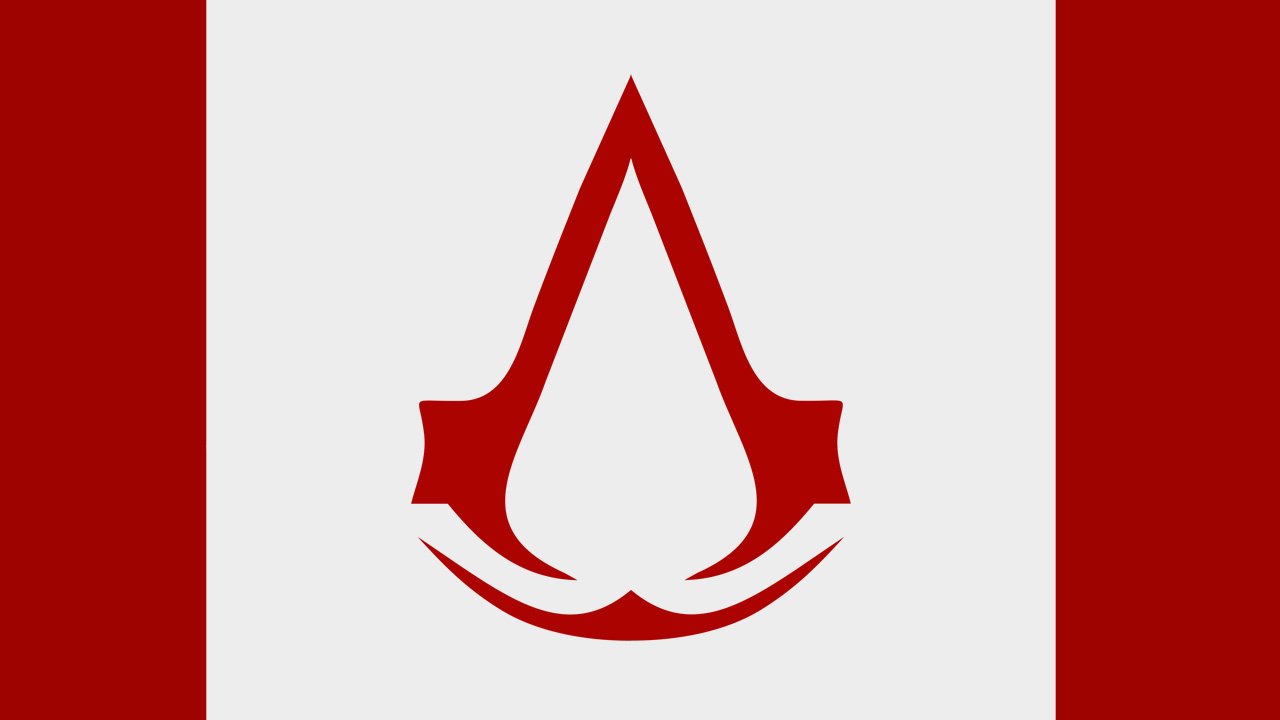Canada: we’re like a fuzzy hat (read: toque, eh) the USA wears to keep their head warm; sometimes, we feel more like a supplement to American culture and economy than a complement. But, when it comes to videogame development, Canada is a leviathan producing some of the most influential games to date. Of course, a lot is owed to the diverse cultures and the landmark game studios that graciously open their doors here, from EA to Black Tusk, and the subsequent developers whom later branch off into inevitable, independent innovation, to help secure Canada as one of the largest game development countries in the world. Join us today as CGM takes a look back at the history of games in Canada, from its inception to becoming the third largest country in the industry, from a AAA perspective. You can also read our history of the indie side of things, and how independent developers have become the face of the Canadian videogame scene.

It would be an understatement to call 1983 a bad year for the North American videogame industry; the great videogame crash of ’83 marked the beginning of a 97% drop in revenue (from a $3 billion to $100 million industry) and it marked the second time in only six years that the market had fallen to the perilous depths of the Klaptrap’s jowl. But 1983 also happened to be the year Distinctive Software was founded in the Greater Vancouver area of Burnaby. A survivor of the mid-80’s industry drought, and still striving eight years later off Evolution and their racing simulation series Test Drive (as well as contracts to port Castlevania and Metal Gear to PC), Distinctive was acquired by then up-and-coming developer Electronic Arts in 1991 and became EA Canada, which remains now as EA’s oldest active studio—and headquarters for the multi-million dollar EA Sports franchise.
But EA was only the beginning.
Two former Distinctive Software developers went on to found Radical Entertainment in 1991, a studio which in 1994 was said to be “fast becoming one of the world’s leading [developers]” by the Vancouver Sun. Radical didn’t quite make it to the world stage, but it did forge the industry in Vancouver, the eventual home to Homeworld, Dawn of War, and Company of Heroes developer Relic Entertainment; Barking Dog Studios, the future Bully developer (as Rockstar Vancouver); and Black Box Games, now known as EA Black Box, developer of the Need for Speed and Skate series’; all before the turn of the century. Today, Capcom Vancouver develops Dead Rising, and Microsoft’s Vancouver-based Black Tusk Studios is developing the next Gears of War. Few cities in the world have boasted as many AAA studios as Vancouver, in the last twenty years.
Vancouver wasn’t alone for long; studios began to pop up all across Canada during the mid ‘90s, one of which being a half-dozen nerds in Edmonton who dubbed themselves BioWare. Some games you’ve probably never heard of: Baldur’s Gate (1998), Neverwinter Nights (2001), Knights of the Old Republic (2003), Mass Effect (2007), Dragon Age: Origins (2009)—BioWare did them all in just over a decade. Ubisoft Montreal, developer of the totally underground and not-at-all popular Assassin’s Creed series, saw its beginning in 1997 as Ubisoft Canada. The first in the Unreal series was created in joint by Epic Games (known then as “Epic MegaGames”) with Ontario studio Digital Extremes in ’98. Even Rockstar joined the party with a studio in Toronto in 1999 which would later collaborate on the Max Payne series with Remedy, and on GTA IV with Rockstar North. Games were sending out a resounding boom, and Canada was on the front lines with no signs of lowering its lancers.
| Game (year) |
Developer |
Sales (copies) |
Metacritic Score |
|---|---|---|---|
| Evolution (1982) |
Distinctive Software |
400 000 |
N/A |
| Homeworld (1999) |
Distinctive Software |
500 000 |
93 |
| Baldur’s Gate 2 (2000) |
Bioware |
2 Million |
95 |
| Prince of Persia Reboot (2003) |
Ubisoft Montreal |
2 Million |
89 |
| NFS Most Wanted (2004) |
EA Black Box |
16 Million |
82 |
| Bully (2007) |
Rockstar Vancouver |
1.5 Million |
87 |
| Assassin’s Creed 2 (2009) |
Ubisoft Montreal |
9 Million |
90 |
| Mass Effect 2 (2010) |
Bioware |
4 Million |
96 |
Despite the exponential growth of the industry through the ‘90s, The Great North was still falling under the radar; a Government of Canada survey in 2001 revealed that nearly one-third (27%) of Canadian households owned a videogame console—yet Nintendo of Canada’s $10 million holiday marketing budget was only a fraction of Nintendo of America’s $75 million. In 2003, Canada was declared the sixth largest player in the industry, and in 2005, it was reported by the Entertainment Software Association (ESA) that 35% of Canadian households owned a videogame console (compared to 33% of American households). Even so, Canada fell short of even one-tenth of the 7$ billion in US software sales, and it wasn’t until 2010 that the ESA would finally declare Canada as the third largest games industry in the world.

The glory didn’t last long; just two years after earning bronze, the Canadian AAA scene began to stall. Not including countless layoffs around the area, Ubisoft and Rockstar both shuttered their Vancouver studios in 2012, and Microsoft Studios left Victoria the following year. By the end of 2013, the ESA reported the number of companies in Canada had decreased by nearly 5%. Doom and gloom were touted everywhere; Canadian Business said Vancouver’s game development scene was “slowly disappearing,” while other publications and critics called it “in peril” and even a “wasteland.” Even the annual Canadian Video Game Awards packed up and headed to Toronto earlier this year, after four years of ceremonies in Vancouver. But, in the shadow of the AAA colossus, it’s been the epitome of the Canadian underdog spirit—independent developers—that has helped keep Canada the third largest games industry in the world.




